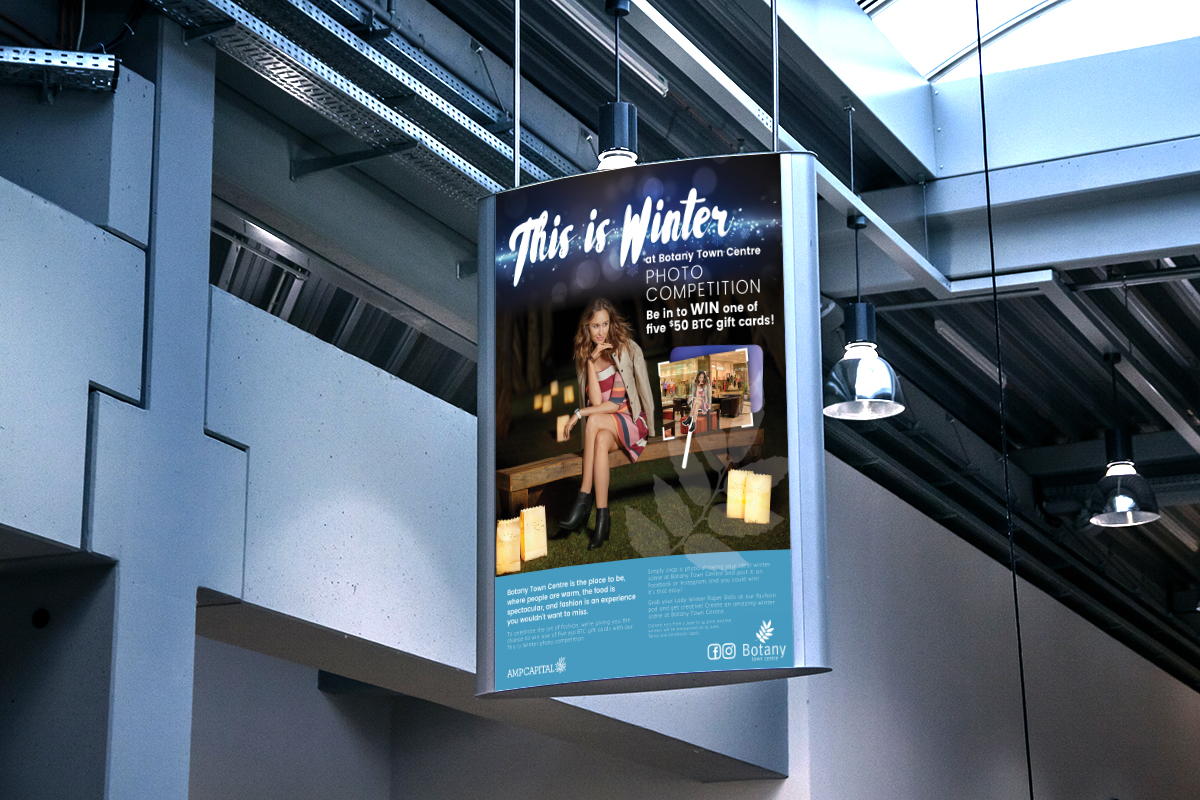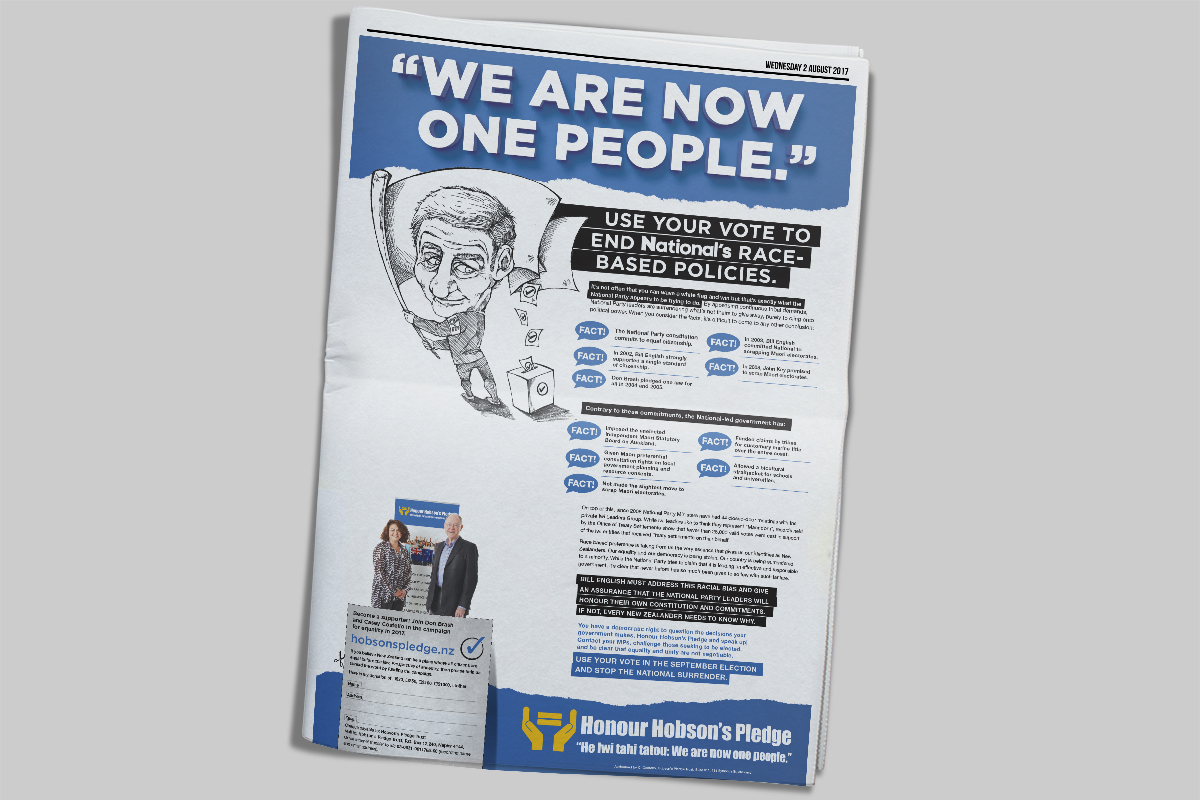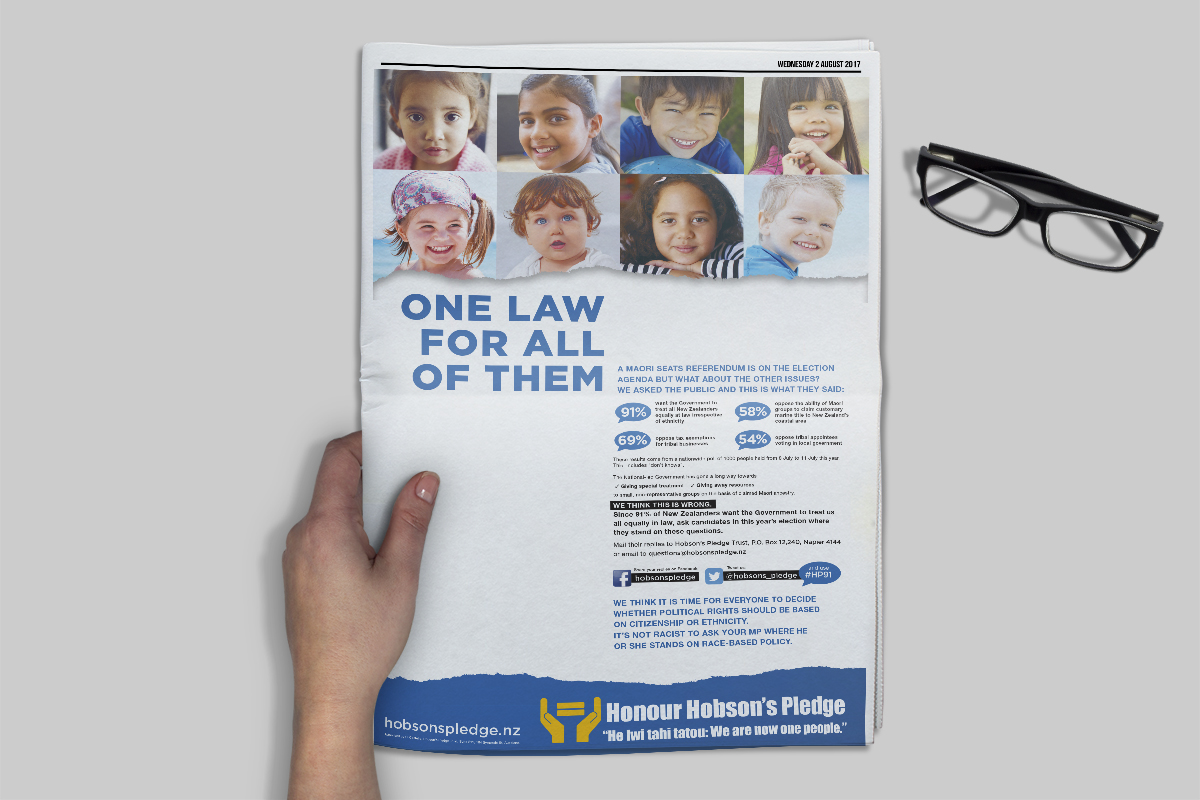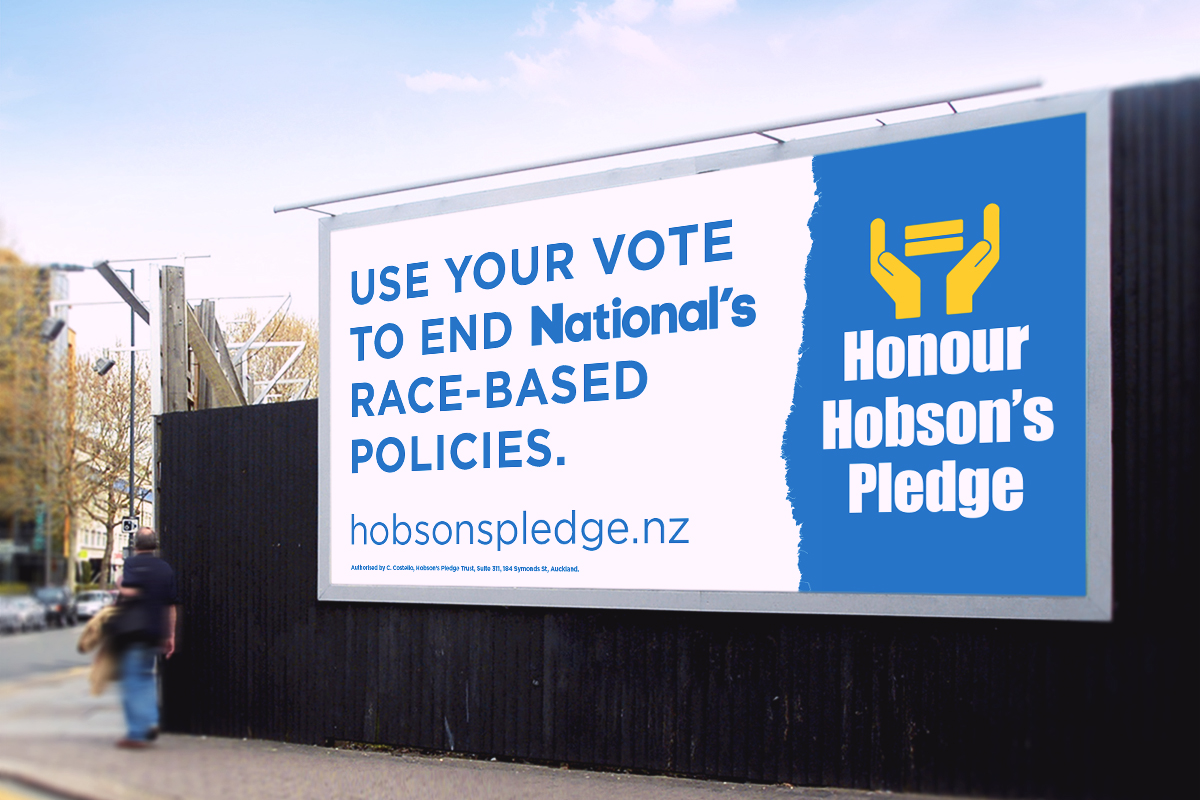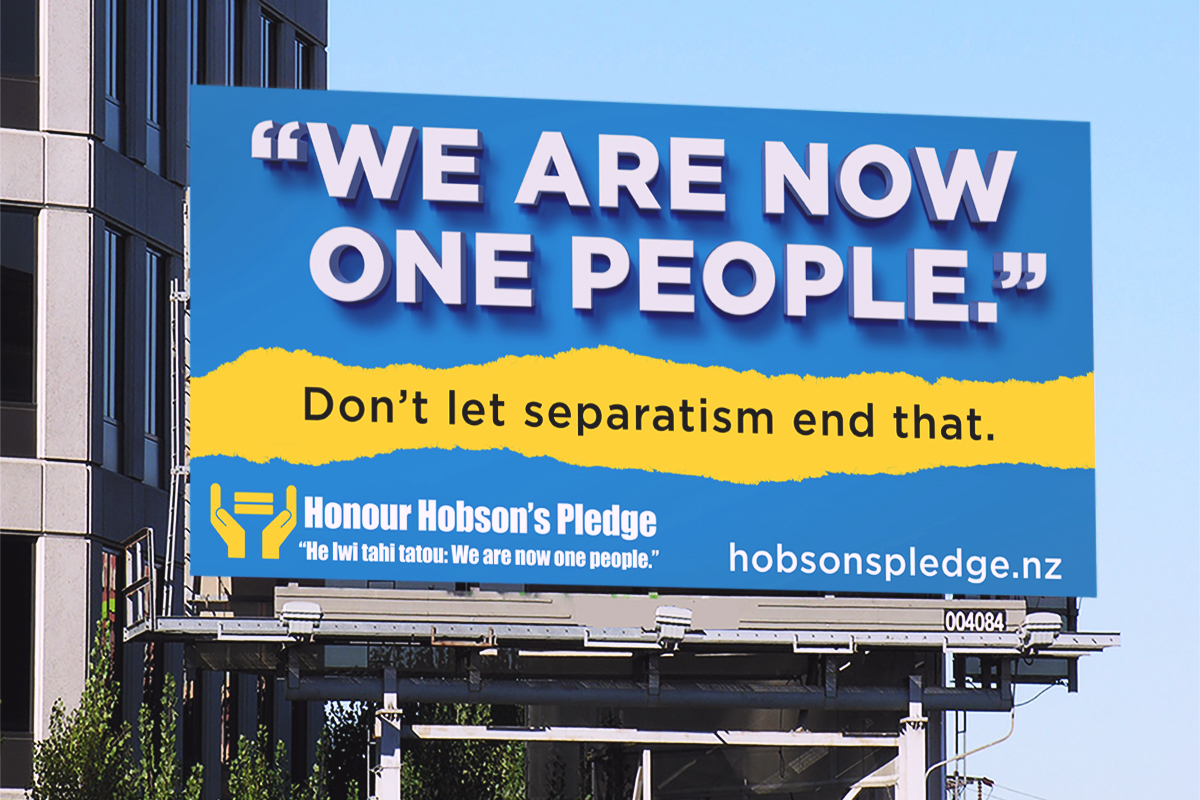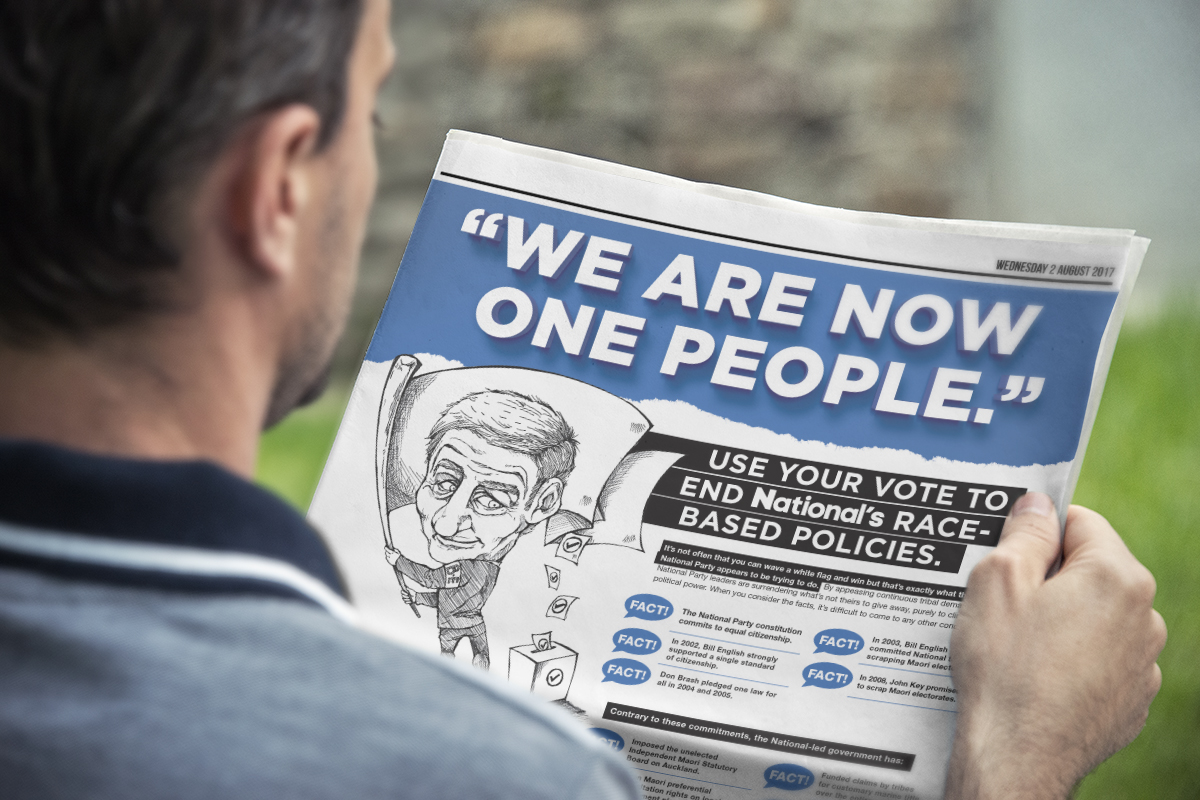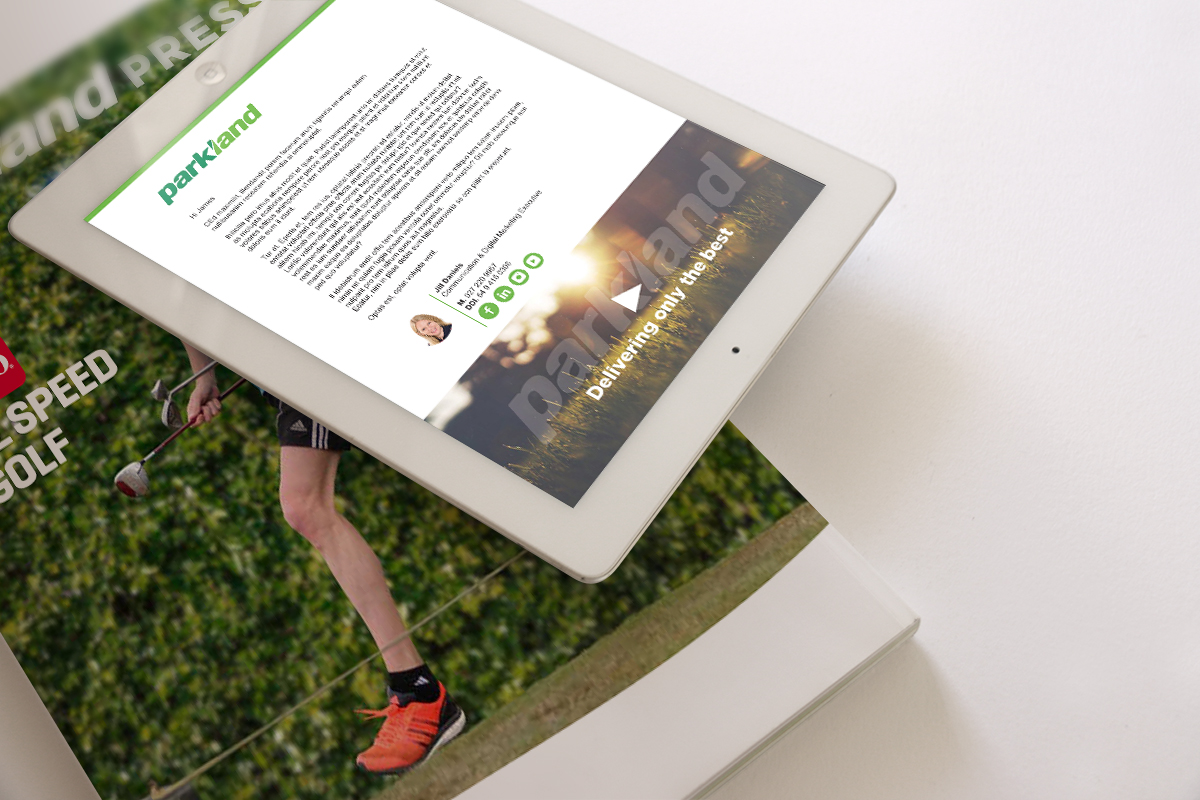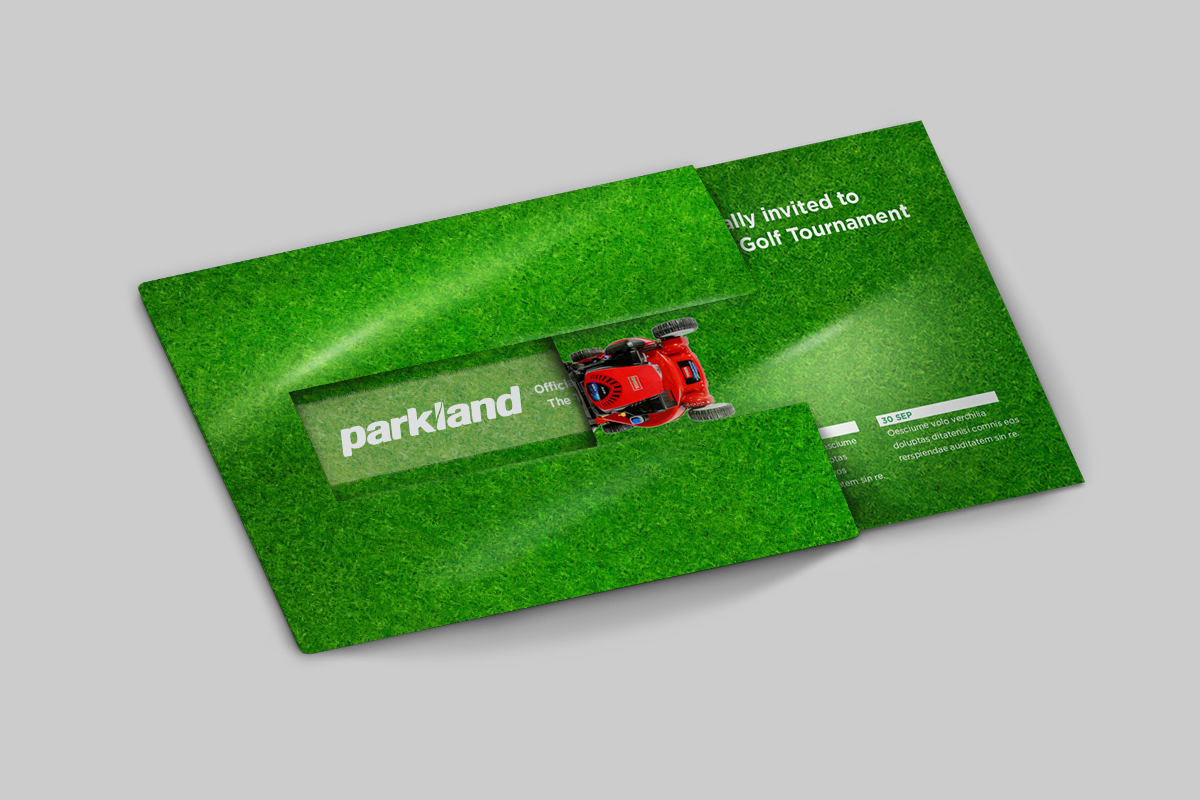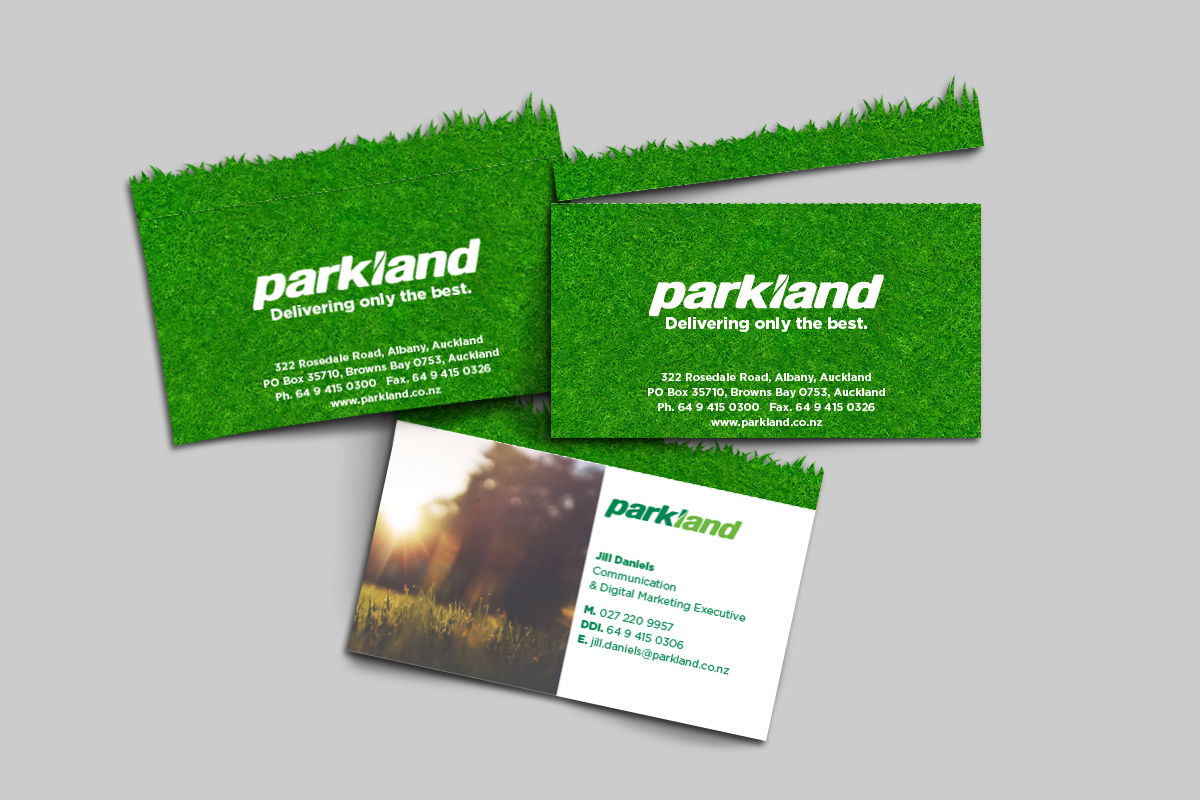
Welcome to the Partisan Advertising blog.
The Partisan Advertising blog has advertising agency-related posts dating back to 2010 covering a vast array of topics.
New Zealand's worst TV commercial of 2017.
The new NZTA Legend Ad - New Zealand's worst TV commercial of 2017. This is advertising that is badly thought through and terribly executed. A shambles of misguided intent that misses the point by miles and, more than likely, further fuels apathy to drinking and driving.
Badly thought through. Terribly executed. A shambles of misguided intent that misses the point by miles and, more than likely, further fuels apathy toward drinking and driving.
Advertising a social responsibility message such as driving drunk is a fairly tricky thing. In this instance you're asking for more than a behaviour change, you're asking people to change their entire outlook on life, the universe, and everything else, based purely on the premise that you offer a better alternative. Consider this: it may only take a few seconds to roll on a condom but it takes far longer to get across the idea of using the condom in the first place. One look at the number of billboards on K-Road reminding homosexual males to use condoms is a clear example (which begs another question: why are those condom billboards only targeting the gay population of Auckland? Seems heterophobic). When advertising social responsibility you need to create an understanding of why the proposed new way of thinking is far better than the current status quo, and you need to explain it to a majority of people set in their ways. This is where NZ Transport Agency (NZTA) has absolutely failed.
The premise of NZTA's newest "Legend" television commercial is simple: make the responsible decision and don't drink and drive. NZTA's rationale for the ad is that their target market (rural-based males, aged 20 - 29) feel complacent to the dangers of driving drunk and are willing to chance it because the odds of something untoward happening are incredibly remote. The NZTA says that these rural boys drink a lot because it's "commonplace, habitual and acceptable". Since there's no Uber in the middle of the rural wonderland they live in, they need their cars to get around. "Ultimately we want these young guys to stop getting behind the wheel drunk, where they can harm themselves and others."
Sounds great but it's at this point where the NZTA's newest execution implodes.
Everything that the NZTA's new "Legend" does in the advertisement is a complete mockery of safety and responsibility. The lifestyle that he is seen reflecting on during the advertisement is grossly self-serving, fuelled by a callous disregard for self-preservation, and packed full of a terrible type of loneliness and boredom that can only be broken using excessive effort. Add to this ample lashings of immense barbarity, temptation, and lust, and you've got a classic caricature of someone who doesn't give a damn. It's also a clearly logical conclusion, based on the NZTA's rationale, that everything we see their "Legend" reminiscing on was done while under the influence of alcohol. There are even scenes in the advert where alcohol is clearly featured. This leads me to this conclusion: the NZTA only cares about alcohol when related to driving but not when it's related to the other rural activities their "Legend" partakes in.
Based on his behaviour, their "Legend" is highly unlikely to stop drinking and driving. His entire life is a stereotypical middle finger to common sense. Would rural males in NZTA's demographic be positively influenced by this commercial, or would they merely increase their alcohol consumption in a unified f^^k you to the establishment? This commercial goes too far in asking its viewers to suspend their disbelief and it can only be counted as badly executed and a very costly waste of money.
The NZTA's new "Legend" will be unable to change the booze-fueled status quo that is running rampant among rural males, aged 20 - 29.
To the rest of us not living in the wilds of Eketahuna, the NZTA have created nothing but a loathsome, hideous brute. If you don't believe me, please take a look at the synopsis below.
Partisan Advertising celebrates in 2017.
Auckland's most persuasive advertising agency has had a very fruitful 2017. We're proud and privileged to be working with our amazing long-term clients and we're excited to welcome on board some new brands.
2017 is turning out to be a fruitful year for Partisan Advertising. We're proud and privileged to be working with our amazing long-term clients and we're excited to welcome on board some new companies.
TR Group
We have built a close relationship with TR Group, the country’s largest truck leasing and rental company. Since our first TR Group job way back in October 2014, we've been tasked by the TR team with doing another 459 projects. This year we've worked on some really cool briefs, including the interior design of the company's new gym, the company's 25th-anniversary celebrations, and some cool social media work which saw TR's Facebook likes jump past 5,000 at the end of July. Our relationship with TR Group has strengthened through the years and they're without doubt some of the most dedicated people we've ever worked with. Where many people only see a lump of steel driving on the motorway, the TR team see beauty and precision. It's an honour to help them bring their passion to life.
Bathroom Direct
Partisan Advertising has been working with Bathroom Direct since November 2011. We've worked with Brent Coutts, the company's General Manager, and his renovation team, on over 100 advertising projects since then.
Steam Stopper
We've always enjoyed working with the Steam Stopper brand, mostly because it's a challenger brand. The brief from our client this year was simple: "Get under our competitor's skin, irritate them, and grab their customers." Mission accomplished.
AMP Capital - Botany Town Centre
We warmly welcome AMP Capital and Botany Town Centre to the world of Partisan Advertising. We've been given the chance to work in a fantastic and unique retail environment, and best of all, Botany Town Centre is five minutes down the road from our offices and it's packed with all the things we love best: pints of Guinness, award winning pies, and frozen Cokes. What more could you ask for?
Hobson’s Pledge
Before you lose your mind, it's not racist to want all races to be treated as equals. If you disagree, just go and read up on Nelson Mandela or Martin Luther King Jnr. If you still disagree, then you're most likely a racist. But let's hope not. The uniqueness of Hobson's Pledge is that they do not have a tangible product or service to offer, nor are they a political party promising all manner of unattainable things to voters purely to stay in power. They're a political movement looking to change the status quo. Partisan Advertising have been tasked with pushing forward a powerful message. The Hobson’s Pledge campaign was totally successful in that the source of much of what they opposed has gone. The Key-led National Party is no longer in power, Christopher Finlayson is no longer Treaty Negotiations Minister, and the Maori Party is out of Parliament. However, the new political landscape hasn't changed much and Hobson's Pledge are continuing to do what they do.
Parkland
The latest addition to our portfolio is Parkland and its group of brands. Another amazing niche business with a range of specialist products, from $15,000 ride-on lawn mowers to $400,000 earth drills. If you've been to Eden Park in the last few years you'll see just how perfect their mowers and irrigation systems have worked on the stadium's field.
Structure Design
Structure Design is an Auckland based engineering firm who gave Partisan Advertising a very unique brief: "showcase our company values through illustrations". Partisan's head of design, Soo Park, took on the project and created a series of illustrations based on fables and fairy tales.
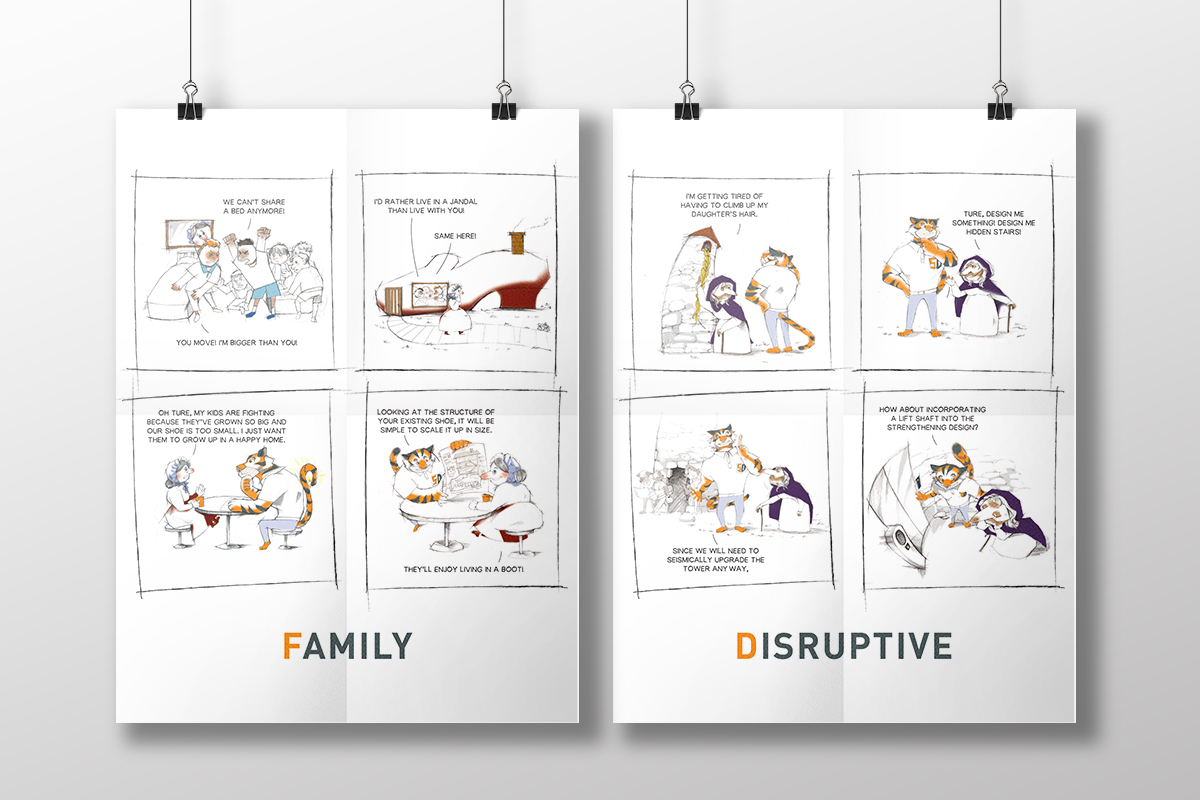
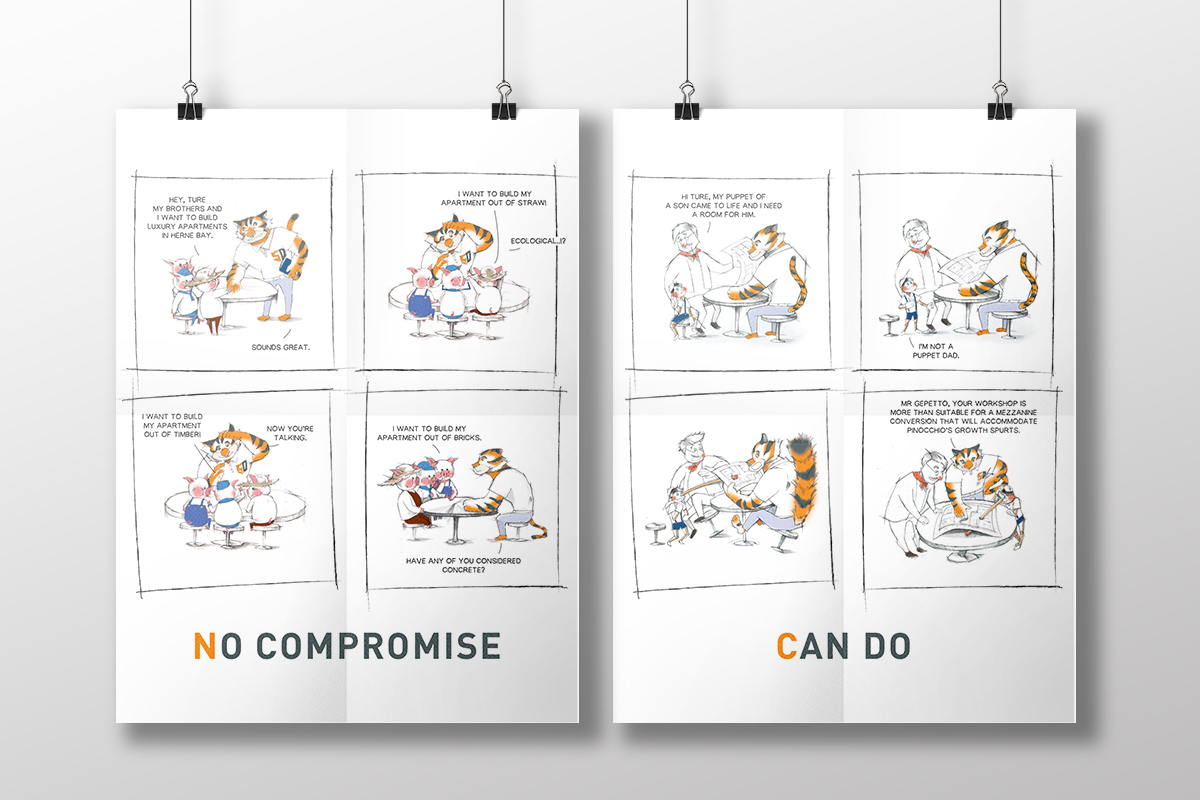
Total Property Worx
Through persistence and hard work, Total Property Worx has grown from a company started by two hard working and determined tradies, to a power house of over fifty industrious individuals.
To all our clients, thank you for trusting Partisan Advertising. Together we can change the status quo.
The psychology of advertising
I was recently at Sky City in Auckland. After dinner, a quest for ice cream saw my friends and me taking a shortcut through the casino.
As we walked past the slot machines, I recalled something I had read in one of my favourite books, American Gods, written by Neil Gaiman:
“Entering the casino one is beset at every side by invitation – invitations such that it would take a man of stone, heartless, mindless, and curiously devoid of avarice, to decline them.
Listen: a machine gun rattle of silver coins as they tumble and spurt down into a slot machine tray and overflow onto monogrammed carpets is replaced by the siren clangour of the slots, the jangling, bippeting chorus swallowed by the huge room, muted to a comforting background chatter by the time one reaches the card tables, the distant sounds only loud enough to keep the adrenaline flowing through the gamblers’ veins.
There is a secret that the casinos possess, a secret they hold and guard and prize, the holiest of their mysteries. For most people do not gamble to win money, after all, although that is what is advertised, sold, claimed and dreamed. But that is merely the easy lie that allows the gamblers to lie to themselves, the big lie that gets them through the enormous, ever-open, welcoming doors.
The secret is this: people gamble to lose money. They come to casinos for the moment in which they feel alive, to ride the spinning wheel and turn with the cards and lose themselves, with the coins, in the slots. They want to know they matter. They brag about the nights they won, the money they took from the casino, but they treasure, secretly treasure, the times they lost. It’s a sacrifice, of sorts.”
The truth is that advertising is, and always has been, a gamble. I’m sure you’ve heard this one before: “Half of my advertising budget is wasted, I just don’t know which half”. This, the most famous, and possibly the oldest, of all advertising quotes, is nothing but a symbol of how terribly hopeless the world of advertising is. But I guess in terms of gambling, a fifty-fifty chance of succeeding is better than most odds in any casino. The way the casinos beguile their victims with colour, noise, and scent, is exactly the same approach that advertising agencies take to sell their counterfeit dreams. “Spend more! Spend more!” they cry. “If you stop spending, everyone else who is will pull ahead. Do you really want to lose ground?”
Advertising is a sacrifice of sorts and it demands that blood be spilt on its altar. Advertisers sacrifice vast amounts of money every day to a vast number of media environments. Just 20 years ago, there were less than a dozen to choose from. With such a mammoth growth in possibilities over such a small time frame, who knows what the heck they’re doing? Since there are thousands and thousands of advertising messages getting nailed into our heads every day, someone must be winning. But it’s not who you think.
Consider these two mammoth advertisers: Harvey Norman and JB Hi-Fi. Together they spend over $100 million every year on advertising. Will this huge advertising spend save them when Amazon enters the Australian market in 2018? No. Harvey Norman and JB Hi-Fi offer nothing of real value to consumers. Price has no value, and since they sell the same products, offer similar retail experiences, and their advertising even screams to consumers in the same way, they’re doomed. Amazon is going to destroy them and they’ll do it without advertising. Seems presumptuous but Amazon’s marketing is built into the brand and it will alter the competitive environment for electronics retailers forever. Amazon can afford the low mark-ups; they don’t have to pay the same amount on wages, leases and marketing. All the other two can do is drop prices and lower marketing costs. And that won’t help; it’s contrary to everything they’ve ever done before.
So, will their heritage of gambling with advertising pay off for Harvey Norman and JB Hi-Fi? As I said before, there’s maybe a fifty-fifty chance their advertising will save them, but if I were a gambling man, I’d bet everything I possibly could on Amazon to win.
Programmatic advertising during wartime
George Orwell said, “People will believe whatever the media tells them to believe.” Well, I believe we’re at war. I’m not too sure who we’re at war with but that’s what I’ve been led to believe. The media has, and always will be, a very powerful influencer. The same is true of advertising. In fact, it’s difficult to find the difference between the media and advertising. The same publications, TV stations, websites, and social media feeds that tell you what to believe about wars with Muslim terrorists or Russian hackers, are the same publications, TV stations, websites, and social media feeds used by advertisers to tell you what to believe about clothing, food, sex and everything else imaginable. The media and advertising are conjoined twins, and their name is Propaganda.
If you look back to the Second World War you’ll see some terrifying propaganda taking place. On both the Allied and Axis fronts, propaganda drove men to war, called women to service and sent Jews to death camps. During the Second World War, propaganda and advertising were not as conjoined as they are today. The truth is, you can’t advertise much when you’re getting the crap bombed out of you 24 hours a day. And if your war machine is only focused on bombing the crap out of people 24 hours a day, then logically there’s nothing of consequence to advertise. As an example, during WW2 the General Tire Company placed advertisements encouraging people not to buy tyres for the sake of rationing rubber. Seems smart.
In 2017, we don’t have a supply issue. Unless you’re a Syrian, you’ve never had it better. Everything you’ll ever want is available and everything you’ll ever need has already been invented. Instead of being told by propaganda to fight “the Japs” as they did back in 1942, you’re being told by propaganda to consume products like a vampire, unconcerned that they may never be replenished.
The newest advertising tool pushing this mass broadcast to consume everything is called programmatic advertising. In case you don’t know, programmatic advertising enables media agencies to track potential customers around the web and serve them adverts on whichever website they are browsing. Within milliseconds of loading a webpage, a system using complex computer algorithms will serve up an ad that’s theoretically perfect for you, based on your online profile. Unfortunately, the click-through rates for programmatic advertising are always dire, averaging in the low 1 percent area. But that’s not the point. Advertisers are in it for the millions and millions and millions of impressions that programmatic advertising can buy.
I have mixed feelings about programmatic advertising. I don’t like seeing it and as an advertiser, I only use it under duress. There are a few reasons for this, but the most important one to me is that we’re at war, fighting Muslim terrorists and North Korean dictators. If you’re not sure what this has got to do with advertising, please consider this example:
I have a client who was told by their media buying company that programmatic advertising is a great way to build brand awareness because of the huge number of impressions they’ll get. My client’s core business revolves around trucks. Renting, leasing, selling, and driving trucks. These days, terrorists use trucks as weapons of war. Since I’m a cynic, I believe that it’s highly likely that when the next truck massacre occurs and it’s broadcast on the web, programmatic advertising will present my client’s advertisements before a news report for such an incident. Imagine the headline: “Twelve killed by truck in terrorist attack! Click to view the full story”. But first, watch this ad about a company that rents trucks. That’s grossly inappropriate, a bad association and a terrible brand strategy. Cynicism aside, how could this happen? Let’s consider the programmatic advertising system and its aforementioned complex computer technology. Actually, it’s not so complex. It doesn’t know the difference between keywords. It knows that if your search history involves a lot of trucks then it needs to play my client’s truck-focused advert for you. The system doesn’t care about content and how it relates to my client’s business. And with billions of impressions happening every day it’s very probable that my client’s ad will show under circumstances like this.
It happens more often than you think. Thanks to programmatic advertising hundreds of large companies, including Verizon, Mercedes-Benz, Honda, and Nissan have had their advertising appearing on hate sites and YouTube videos created by supporters of terrorist groups such as the Islamic State. Adverts for Disney were embedded in sunnah-online.com, a website which hosts lectures by Abu Ameenah Bilal Philips, a preacher who has argued that a husband cannot be charged with rape. Hoorah for Disney. So sorry for rape victims.
Programmatic advertising is a big concern for me and it should be for the entire advertising industry and everyone who uses them. There is a huge risk of ads appearing in violent, pornographic, extremist and other unsafe brand environments simply because of the volume and speed at which programmatic advertising is carried out. Programmatic advertising isn’t being used because it delivers better results for clients. Far from it. It’s used almost exclusively to make media and advertising agencies lots of money.
In closing, I’d like to compare programmatic advertising to a bomb. Some people like them, but most don’t. Some will tell you that using a bomb is necessary to protect freedom and liberty. Some will say they’re compelled to use bombs to fight injustice and intolerance. But, like most weapons of war, the difference between what’s right and what’s wrong is only a matter of perspective. I hope that your perspective on programmatic advertising becomes a lot more like mine.






















